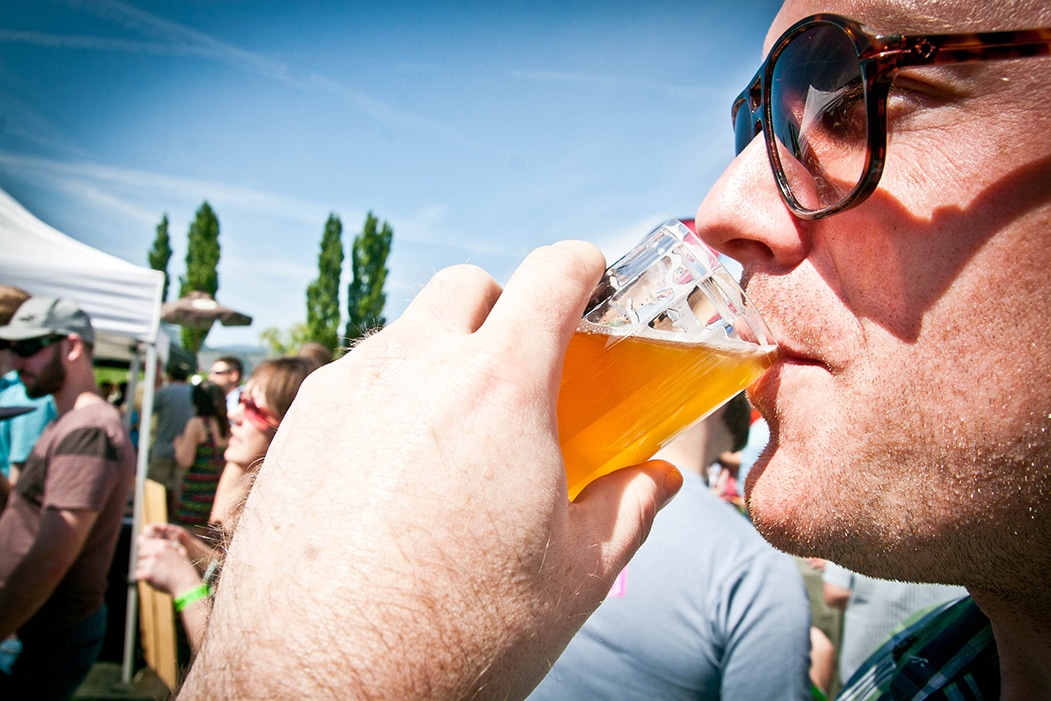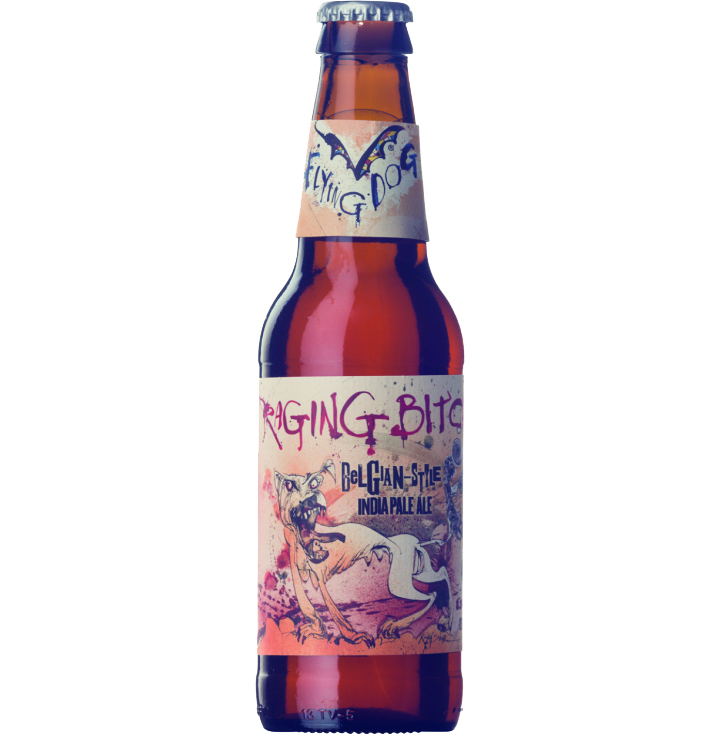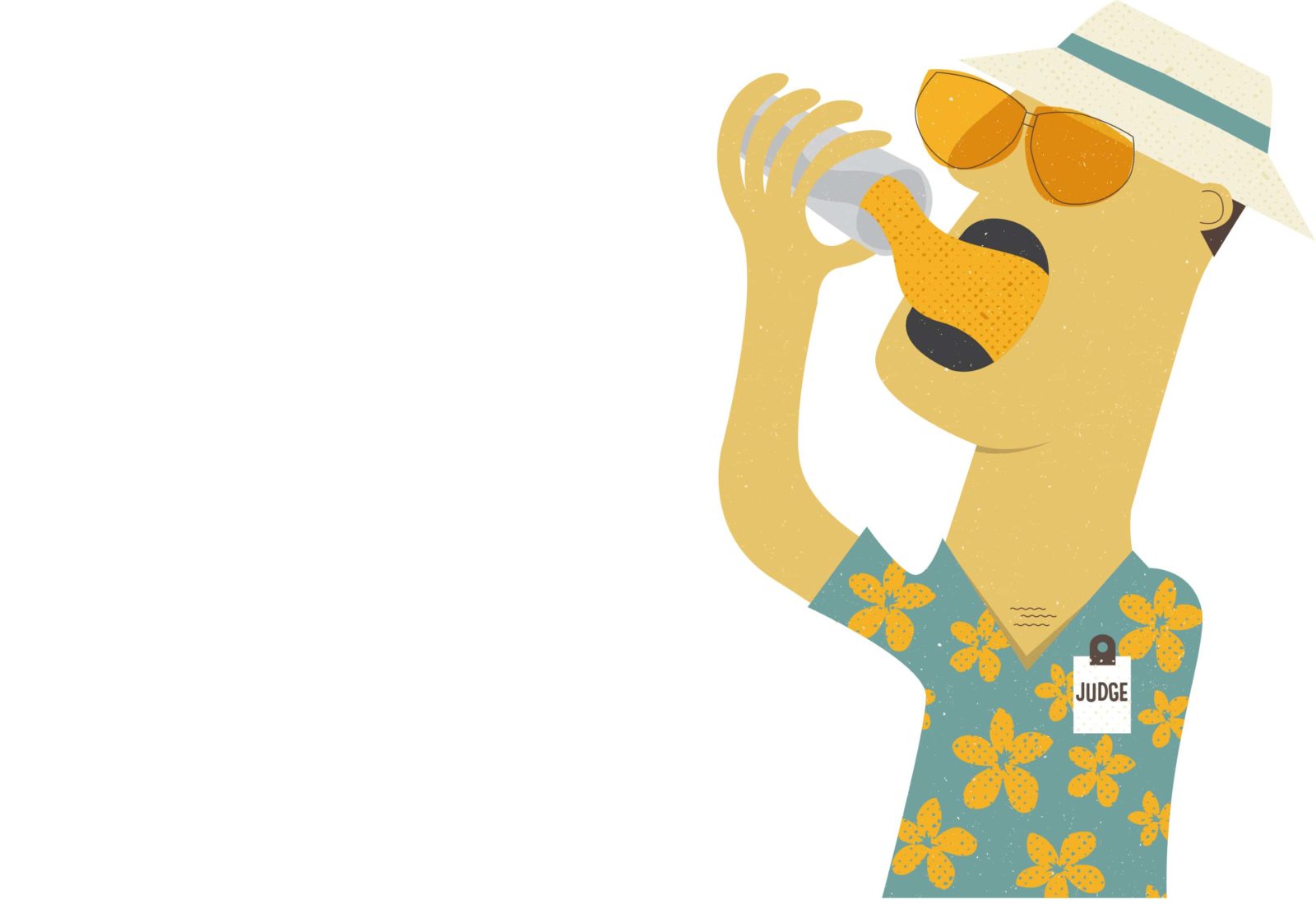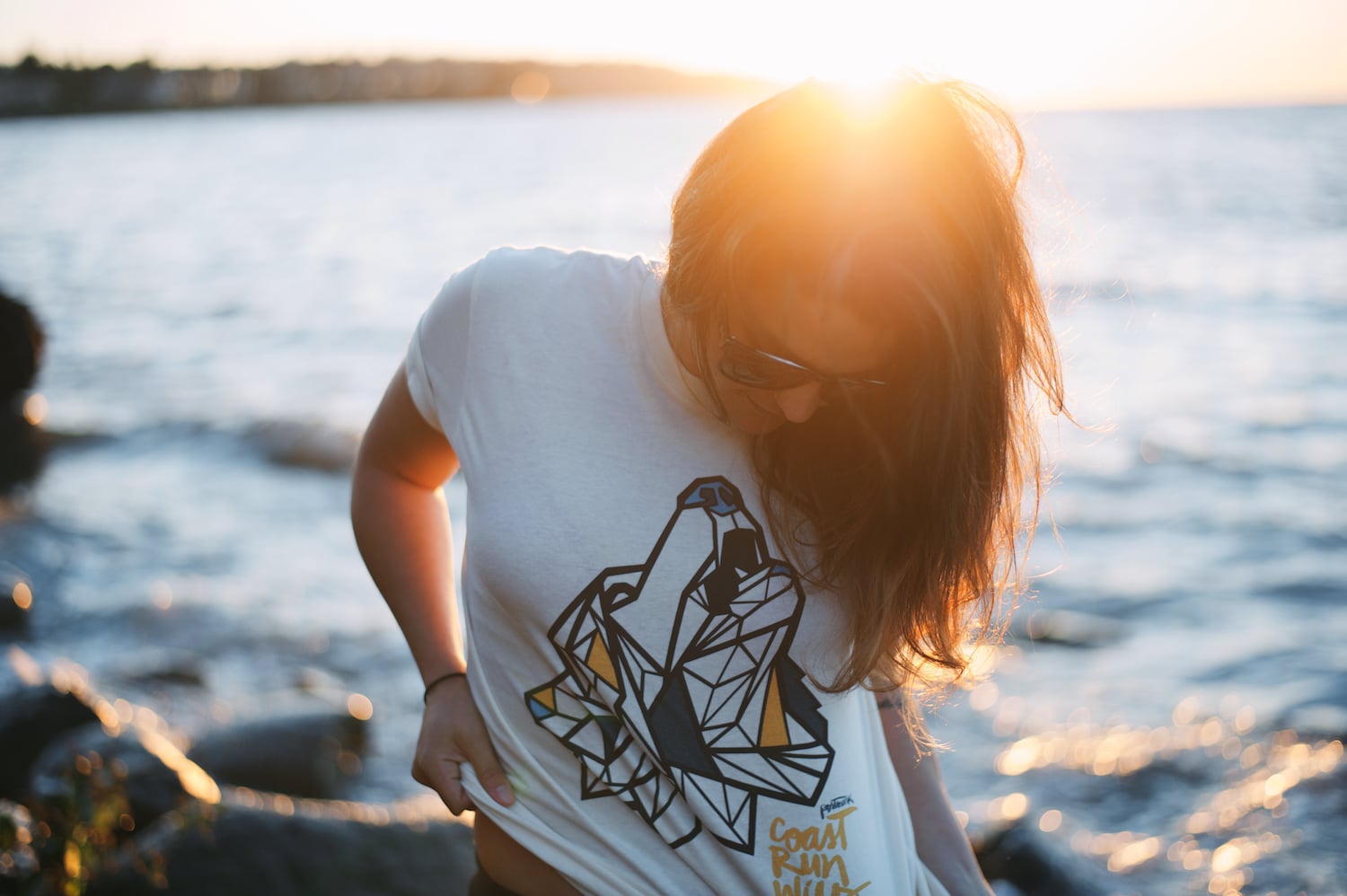
Two weeks ago, Vancouver Craft Beer Week (VCBW) had its largest edition yet. If you like/love beer, and you like large crowds of attractive drunk people, and you’re not a crotchety beer nerd, there’s a really good chance you had a great time. If you weren’t there, I’ll give it to you straight: It was fun.
But it wasn’t fun for everyone! As with everything craft beer related, there’s been a small, cranky and vocal minority that bemoaned everything about the festival. Some of these were the fault of the festival organizers (ie: the lengthy wait for entry and for beer tokens), but the most of them were the result of restrictive BC liquor laws.
Because there are so many beer festivals now, and because festival organizers hear the same complaints year after year, I figured its best to explain why the crummier aspects of local beer festivals will remain crummy. They’re listed as a series of complaints VCBW organizers have had to deal with and have virtually no control over.
There were no beer tokens with entry
Giving tokens away with entry is technically illegal. In the province of British Columbia, it is illegal to give out free alcohol at public events. If, say, VCBW was caught doing this, they could lose their liquor license and be shut down.
With that said, some festivals get away with it by pre-selling tokens at the point of ticket purchase. It’s rolled in to the price. Like anything with the government, it’s all about semantics. Some festivals, like VCBW and Great Canadian Beer Festival (GCBF) in Victoria, choose not to offer pre-sale tokens for logistical reasons.
The four-ounce taster cups are too small (and therefore stupid)
While it’s legal to pour up to 12 ounce tasters at events in BC, the particular liquor license most beer festivals apply for restricts vendor pours to four ounces. A license for anything more than that would likely be more difficult to have approved.
But this is primarily a logistical issue. Most beer festivals prefer to give smaller sample sizes to ensure people try more different styles of beer while also decreasing the rates of intoxication (which is also why festivals are normally four or five hours, rather than all day).
There was only one entry point and so the lines were too long OMG ugh
Liquor-focused festivals can only have one entry point. It’s a requirement for the liquor license, to keep control of how many people are on site. That’s standard for any event where hoards of people are converging on one location at the same time. There’s going to be some waiting!
Beer tokens cost too damn much!
Blame the government (again). The BC government recently set a minimum price of beer at $.25 per ounce, which means, for four-ounce pours, the minimum that festivals can sell tokens for is $1. VCBW sold their tokens at 16 for $20, which is $1.25 per token. Yes, that’s a $.25 profit, but they do need to be able to sustain the festival and help it grow.
With that said, the maximum an event can charge for a four-ounce pour is $1.75 (including tax), unless organizers get an exemption to charge more. Even then, the proceeds go to charity (see below).
The festival has become “too corporate”
In order to be “corporate” or whatever, beer festivals technically need to make a profit. Beer festivals aren’t legally allowed to turn a profit. They must be run by a not-for-profit organization (like GCBF) or run by a corporation on behalf of a charity.
In the case of the Gibbons Group, they run the Whistler Village Beer Festival (WVBF) on behalf of the Whistler Community Services Society. Where Gibbons makes their money is by selling tickets to satellite events throughout Whistler outside of the festival.
“People don’t realize that these are charity events,” says Liam Peyton, WVBF’s co-founder and producer. “We’ve just managed to cover the costs of the festivals ourselves, while still managing to raise over $10,000 in the first two years of our operation to our charity.”
The ticket says the festival ends at 6pm, but vendors stopped pouring at 5:30pm
Like any bar, festivals need to issue a last call to ensure that organizers are able to clear the festival site by the time that’s been set in the liquor license. So, in the case of VCBW, they had their site until 6:30pm. They stopped pouring at 5:45 to ensure that there was no liquor consumed on the property after 6:30.
Timing with liquor licenses work the same at all venues. It’s just like at a nightclub that closes at 2am. Last call’s at 1:30 and everyone needs to be out by 2:30.
There you have it: If you’re frustrated with your local festival, blame the government!





